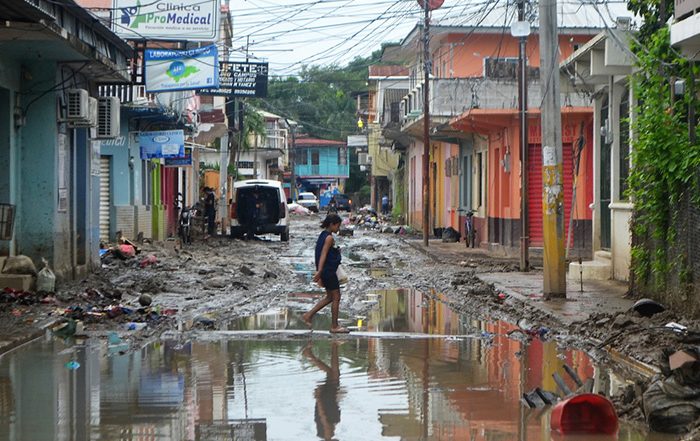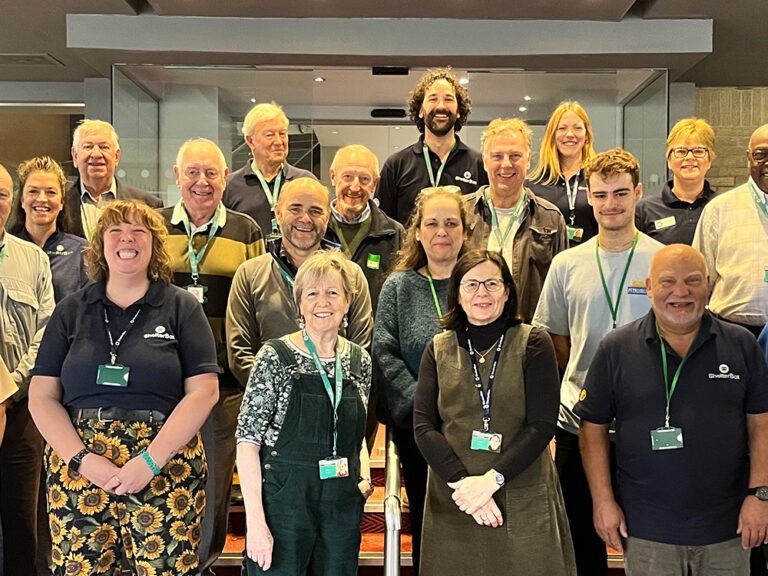
Climate change
How climate change affects disasters
Climate change is a humanitarian crisis. Find out key stats about climate change, how it affects disasters and people, and what we’re doing about it.

